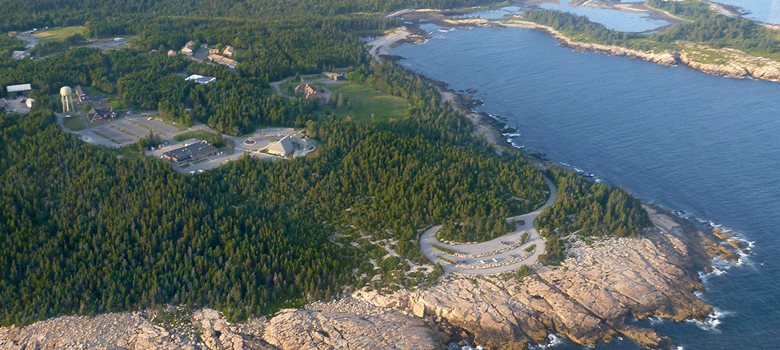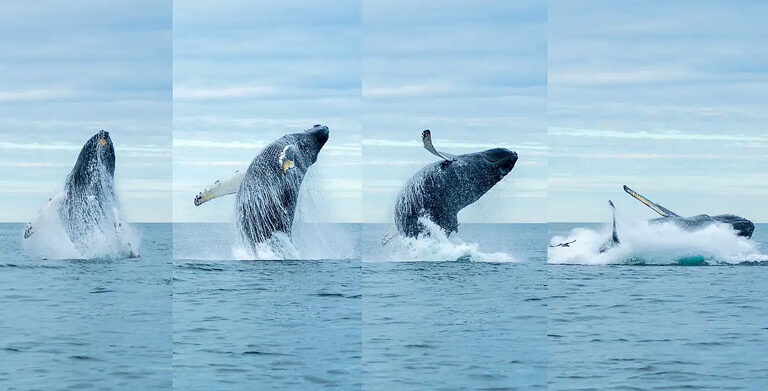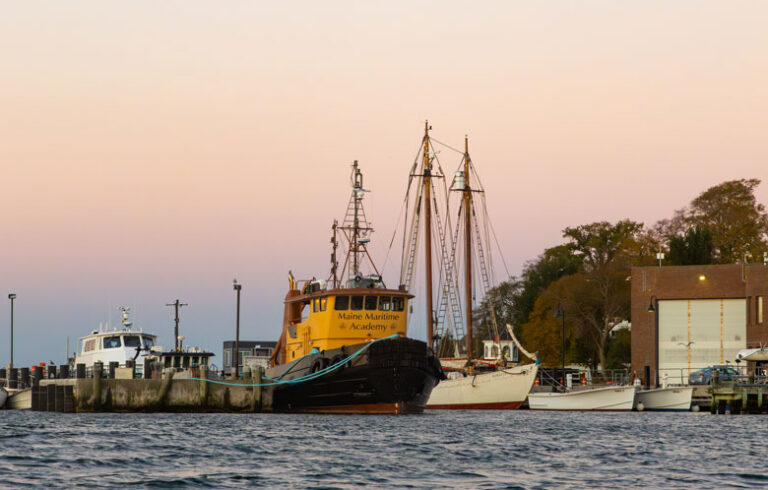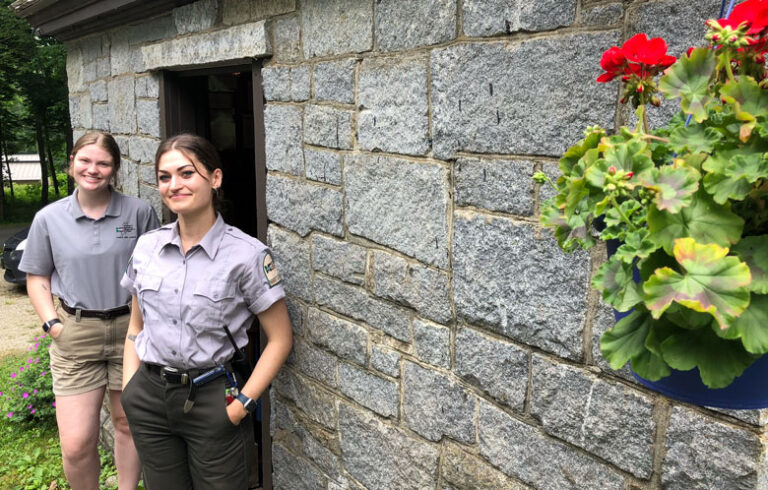In the spring semester of my senior year as an ecology and environmental science major at the University of Maine, I heard exciting news about my peers’ careers and new educational pursuits. I didn’t know what I wanted to do or how I was supposed to figure it all out before graduation. Should I continue to graduate school or jump right into a job?
I am still navigating the field of ecology but if my experiences and advice can help another graduate I am glad to share it and hopefully take my own advice. Here are my suggestions:
Recognize you are not alone:
“Imposter syndrome” affected me in applying for programs and jobs throughout college and into my life, post-graduation. Was I smart enough for graduate school? Was I qualified for an amazing job? There is no way to cancel this feeling, but my advice is to talk about it.
More often than not, people around you feel the same way.
It’s OK to not know what you want to do for work for the rest of your life.
Keep an open mind:
When I started looking into graduate school programs and possible careers I was trying to figure out what topic I would be interested in within the field of marine science. I read published articles, watched question-and-answer videos of career professionals, and thought about my own experience in college and field research.
Eventually, I focused on marine plastic pollution in the Northeast. The research was new and it seemed there were gaps that needed to be filled. No matter the topic you are interested in, it’s OK to change your mind. Sometimes you might have to broaden or narrow your field of vision to find what you are looking for.
Be persistent.
After deciding I wanted to focus on water quality with the topic of ocean pollution, I continued my job search (via LinkedIn, Conservation Job Board, Texas A&M, Society for Conservation Biology, and USA Jobs).
Even though I had found a research topic I was happy with, it was still difficult to find the right fit. Of some 20 jobs I applied for, only two actually involved studying microplastics. My thought was to gain as much experience as I could regardless of the specific topic in ecology because I knew any experience was good experience.
Applying for jobs can be discouraging—all the rejections, or worse, not hearing any response at all. My advice is to send follow up emails a week or two after submitting your application. It also helps to have a question about the position to include in your email to show that you have been continuing to think about it. If you put in the work people will notice.
Network.
I reached out to current and former professors, potential graduate school advisors, and career professionals who studied something I would like to study. Email, but don’t get upset if you do not receive the response you were looking for. The goal is to make a new contact who could potentially provide you with advice or send an interesting job posting your way.
Trust your gut.
It’s OK to not know what you want to do for work for the rest of your life. It is also OK to change your mind and try different professions out. No one graduate has the same experience or takes the same path when joining the workforce.
After I turned down my first job offer, I took my own advice and remained positive, and soon received an email about an opening for the summer at Schoodic Institute and immediately applied when it mentioned working in the intertidal zone at Acadia National Park. As my season at Schoodic comes to an end I’m glad I trusted my gut and let the other position go. Now I am one step closer to achieving my goal and I got to learn more about myself along the way.
Ask for help.
Don’t be afraid to ask for help. Reach out to anyone and everyone with questions or introductions. I wish you, the reader, the best of luck in all your future endeavors! You got this!
Erica Roche was a summer intern at the Schoodic Institute at Acadia National Park.





